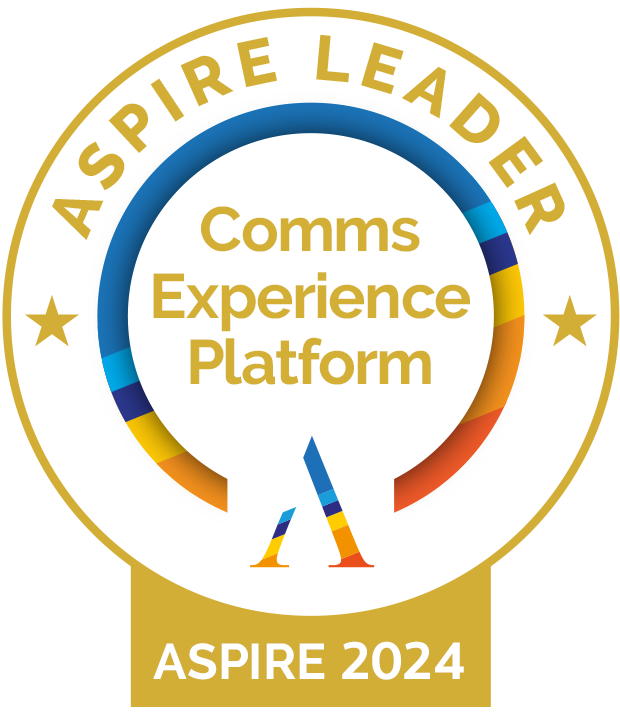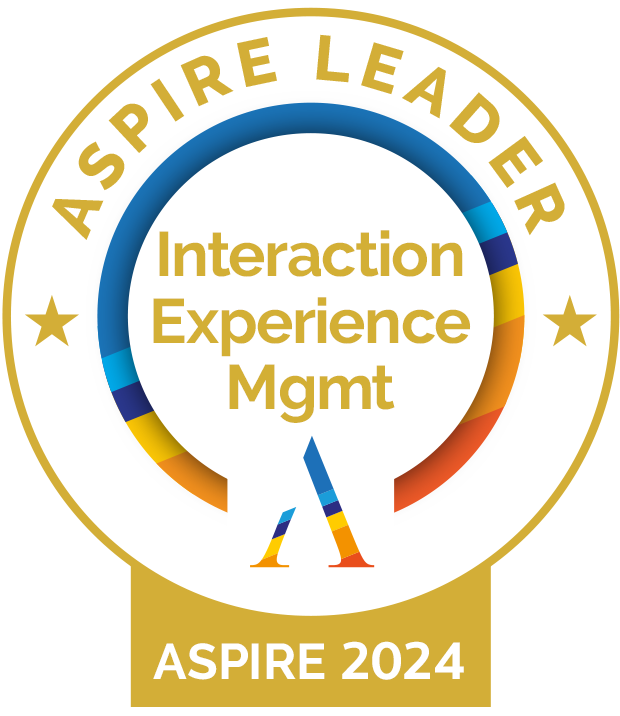Perhaps more than any other industry, healthcare is about customer service. Given the personal nature of the services and interactions, the importance of exceptional service is magnified. But it goes far beyond providing great care. It’s about recognizing the importance of delivering a personalized experience throughout the entire customer journey.
When it comes to Medicare, delivering great service begins with taking a member-centric approach to communicating with and guiding members at every interaction. When healthcare organizations recognize that expectations vary from person to person, and implement systems to accommodate those expectations, they pave the way for more exceptional service delivery. This is the most critical measure a healthcare organization can take to ensure sustainable brand loyalty.
The Star Rating System
When it comes to selecting an appropriate Medicare and Prescription Drug plan, navigating the system can be overwhelming for members. The Centers for Medicare & Medicaid (CMS), in 2008, created a Star Rating system to help beneficiaries and their families compare plan performance and quality of Medicare and Prescription Drug Plans, and assist them in the plan selection process. The Star Rating system is also intended to hold health plans and other providers accountable for quality. After all, higher quality equates to increased member health.
Plans are given an overall summary rating based on how it performs across five main categories, with 50+ measures of quality and experience: staying healthy, management of chronic conditions, member experience, member complaints, and customer service. For Medicare Part D and Medicare Advantage Plans that include drug coverage, star ratings also include criteria for drug safety and accuracy of drug pricing.
Note that Star ratings are updated every Fall, and ratings per plan can and do change from year to year.
Following are critical findings from industry research by Ernst & Young, and recommendations for improving perception, addressing member concerns, personalizing the member experience and boosting your organization’s star ratings.
Focus intently on quality
Since the Star Rating system is weighted heavily toward the experience that health plan members receive, it’s in the best interest of the provider to offer conveniences at every opportunity. Members have come to expect clear, consistent and relevant communications about their plans, and studies show the benefits of meeting those expectations. Studies indicate that plans with four- or five-star ratings receive high marks in patient experience and customer service surveys. To the contrary, organizations that receive a high rate of complaints to Medicare experience higher rates of member attrition, which negatively impact their Medicare Star ratings. Plans that consistently demonstrate an integrated company-wide effort to deliver higher quality member experiences. It has been clearly proven that an intense focus on quality and customer perception improves member enrollment and retention.
Embrace data and analytics
Plans that receive four- or five-star ratings focus on utilizing data and analytics to support decision making on how to improve plan ratings. Among the most valuable tools offered by the Star rating system is the C30 measure of complaints about the health plan. The C30 measure provides valuable insight into the performance of their plans and how best to transform their operations to ensure better member experiences. Historically, plans with greater focus on improving C30 measures fared far better than others.
Additionally, research shows that the most successful health plans don’t limit their scope to health care, but look for inspiration from other industries on how organizations use data to improve their customers’ journey. They utilize data to create insights and make decisions that allow them to interact with members in more meaningful ways.
Start at the Start
When planning your healthcare customer’s journey, consider each and every touchpoint at which they interact with your organization, online and offline.
O’Neil’s ONEsuite of interactive Platform improves the overall member experience and journey with their health plan. One of the prominent tools within O’Neil’s ONEsuite platform is ONEkit™, the new enrollment kit solution, which was created with the goal of helping clients strengthen their relationships with customers by improving communication and ultimately eliminating static documents and collateral materials.
The ONEkit solution also reduces cost and obsolescence by producing relevant and timely content on demand. Rather than independent, lose print collateral and separate mailings in a folder, brokers, agents and sales reps can now provide customers with all-in-one contained personalized booklets, on demand. This innovation radically improves this component of the customer experience, enabling clients to delight their customers at one of the earliest stages in their journey.
O’Neil’s ONEsuite also includes ONEcollect (preference management tool to increase eAdoption), ONEconnect (ePresentment platform), ONEdoc (Document Management solution and composition platform), ONEview (centralized production dashboard for SLA tracking), ONEcard (ID Card creation and ordering platform), and ONEclick (Document Archiving system), and other member communication tools.
In summary, organizations that take a member-centric approach to plan communications realize greater outcomes. From building brand loyalty to sustaining and increasing membership, these organizations recognize the importance of the customer journey.










